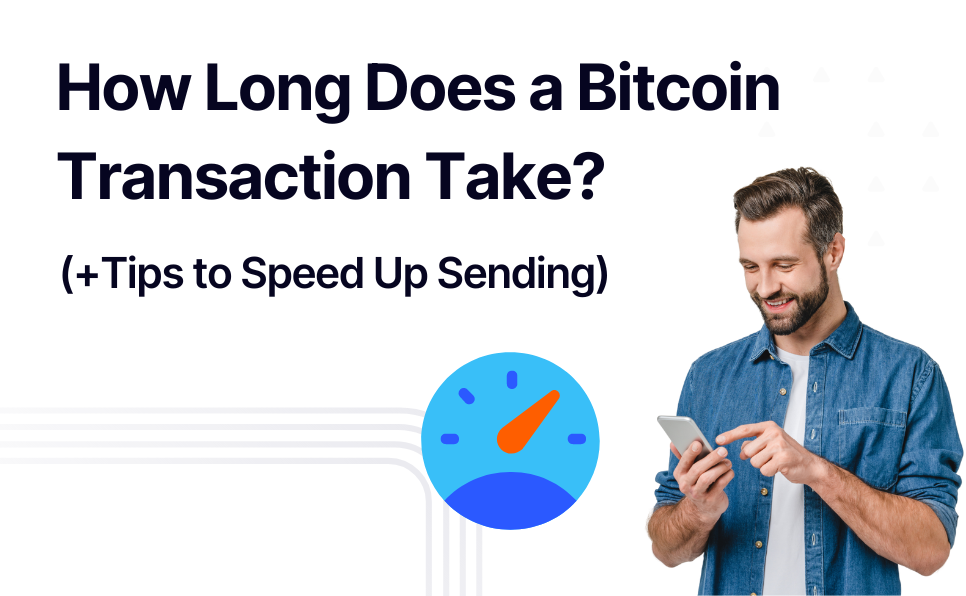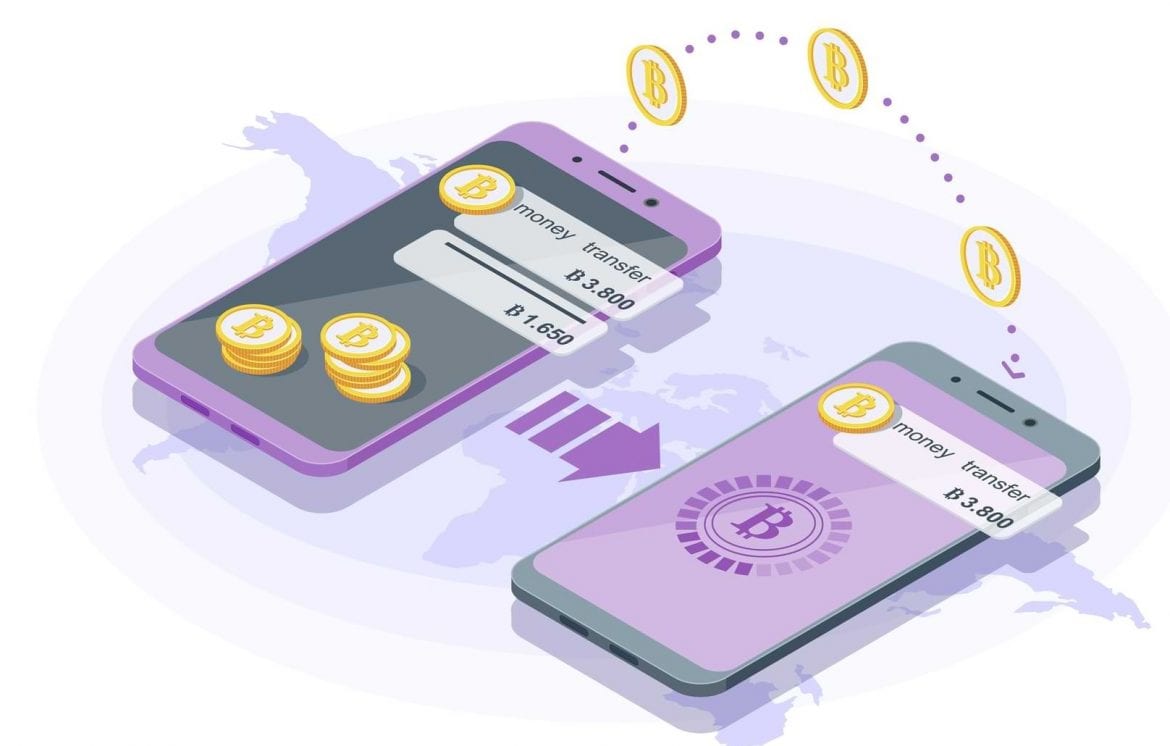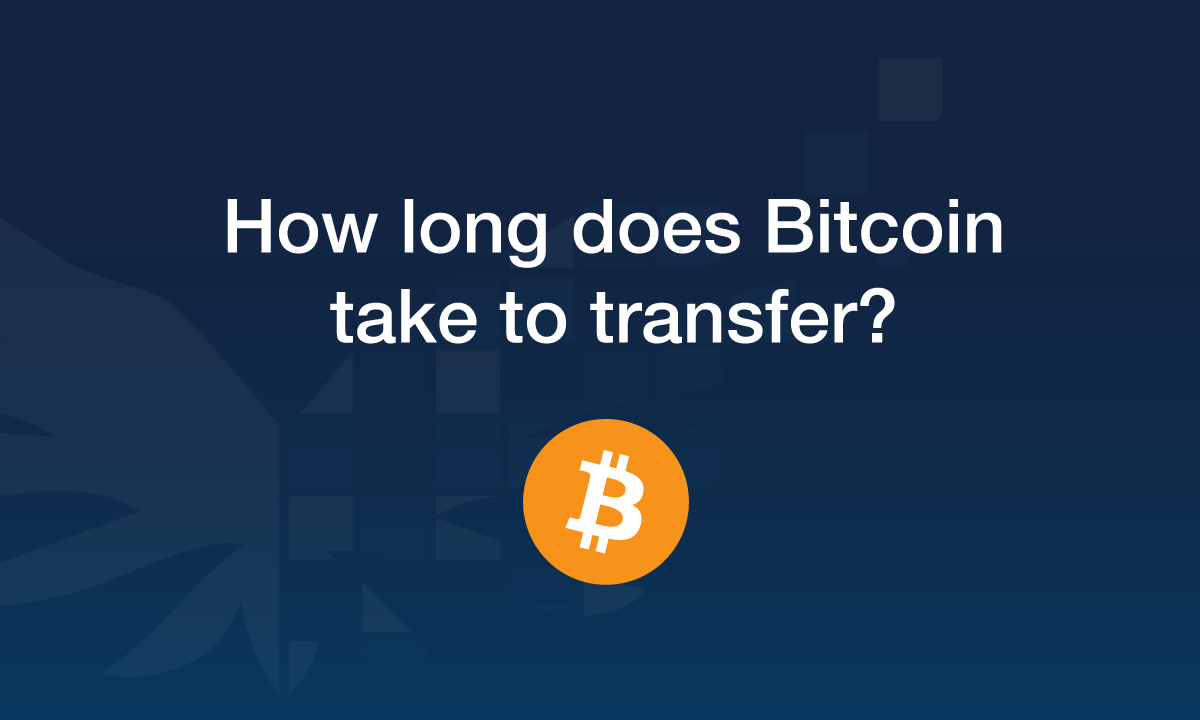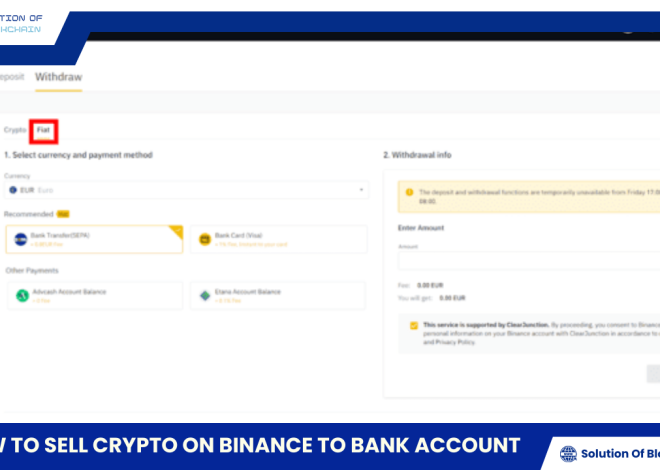
How long does it take for Bitcoins to transfer
When it comes to Bitcoin transactions, one of the most common questions users often have is: “How long does it take to transfer Bitcoins?” The transfer time can significantly impact your experience in the cryptocurrency world. To help you better understand this factor, let’s explore the article on the Solution Of Blockchain website. We will provide detailed information about transaction times, influencing factors, and how to optimize the transfer process.
How Long Does It Take for Bitcoins to Transfer?
Bitcoin, the world’s first and most popular cryptocurrency, has captured the imagination of investors and tech enthusiasts alike. But for newcomers to the world of crypto, one of the most common questions is: How long does it take for a Bitcoin transaction to be completed?
The answer, unfortunately, isn’t simple. Bitcoin transactions are processed on a decentralized network, meaning there’s no central authority controlling the flow. This introduces a level of complexity that necessitates understanding the core mechanics of Bitcoin’s underlying technology, the blockchain.
What Factors Influence Bitcoin Transaction Speeds?
The speed of a Bitcoin transaction is influenced by several factors, including network congestion, transaction fees, and mining power.
Bitcoin Network Congestion and Its Impact
Just like any road network, the Bitcoin network can become congested when a large number of users attempt to send transactions simultaneously. This surge in activity can lead to delays in transaction processing as miners, the computers responsible for verifying and adding transactions to the blockchain, have to prioritize which transactions to process first.
“The Bitcoin network is designed to handle a certain volume of transactions,” explains Dr. Emily Carter, a leading researcher in blockchain technology. “When that volume is exceeded, we see delays in processing, which can result in longer confirmation times for transactions.”
Understanding the Role of Transaction Fees
Bitcoin transactions involve a small fee, paid to miners to incentivize them to process transactions. Higher fees are more likely to be prioritized by miners, resulting in faster confirmation times. This creates a dynamic market where users who are willing to pay more for speed will see their transactions processed more quickly.
“It’s a simple matter of supply and demand,” says Michael Chen, a seasoned crypto analyst. “When the network is busy, the cost of using the network goes up. Those willing to pay the higher price will be prioritized.”
Mining Power and Block Confirmation Times
The power of the miners on the Bitcoin network also influences transaction speeds. Miners compete to solve complex mathematical problems, and the first miner to solve the problem adds the block containing the transactions to the blockchain.
“The more powerful the miners, the faster the blocks are added to the blockchain,” says Dr. Carter. “This, in turn, leads to faster confirmation times for transactions.”
How Does the Bitcoin Transaction Process Work?
Understanding the mechanics of Bitcoin transactions sheds light on why they take time and how the process works.
From Your Wallet to the Blockchain: A Step-by-Step Guide
When you initiate a Bitcoin transaction, the request is sent to the Bitcoin network and broadcast to all nodes. Each node, also known as a miner, receives the request and verifies its validity.
The Mempool: Where Transactions Await Confirmation
Once validated, the transaction is added to a temporary holding area called the mempool. The mempool is essentially a queue where transactions wait their turn to be included in a block.
Miners: The Unsung Heroes of Bitcoin Transactions
Miners continually scan the mempool, selecting transactions to include in the next block they create. Transactions with higher fees are generally prioritized. Once a block is created, it is broadcast to the network for verification by other miners.
Can You Speed Up Your Bitcoin Transactions?
While Bitcoin transactions are generally considered slow compared to traditional payment methods, there are strategies to optimize their speed.
Choosing the Right Bitcoin Wallet for Faster Transfers
Certain Bitcoin wallets are optimized for faster transaction processing. These wallets often prioritize sending transactions with higher fees to ensure they are quickly included in a block.
Optimal Fee Strategies for Different Transaction Needs
Setting the right transaction fee can significantly impact processing speed. For urgent transactions, users might be willing to pay a higher fee to ensure their transaction is prioritized. For less time-sensitive transactions, users may opt for a lower fee, knowing it might take longer to be confirmed.
Exploring Alternative Solutions Like the Lightning Network
The Lightning Network is a second-layer solution built on top of the Bitcoin blockchain that enables faster and cheaper transactions. By creating off-chain payment channels, the Lightning Network bypasses the main blockchain, resulting in significantly reduced processing times. However, it’s still a relatively young technology with limitations.
What is the Average Bitcoin Transaction Time?
The average Bitcoin transaction confirmation time can vary greatly depending on the factors mentioned above.
Real-World Examples and Time Estimates
Based on real-world data, Bitcoin transactions typically take between 10 minutes and an hour to be confirmed. However, during periods of high network congestion, transactions can take several hours or even longer.
Factors That Can Cause Delays and How to Avoid Them
Network congestion is the primary culprit for delays. However, using a reputable wallet, setting appropriate fees, and avoiding peak network hours can help mitigate these delays.
The Future of Bitcoin Transactions: Speed and Scalability
The Bitcoin community is actively exploring ways to improve transaction speeds and scalability. Solutions like the Lightning Network and other proposed upgrades aim to address these limitations and enhance the user experience.
Ultimately, the future of Bitcoin transactions depends on the continued innovation and collaboration within the crypto community. As the technology evolves, we can expect faster, more efficient transactions, making Bitcoin an even more attractive and viable option for various applications.
We hope this article has helped you gain a clearer understanding of Bitcoin transfer times and related factors. To learn more about cryptocurrency and how to optimize your transactions, please visit the Solution Of Blockchain website. We are always here to support you on your journey to explore and invest in cryptocurrency!






